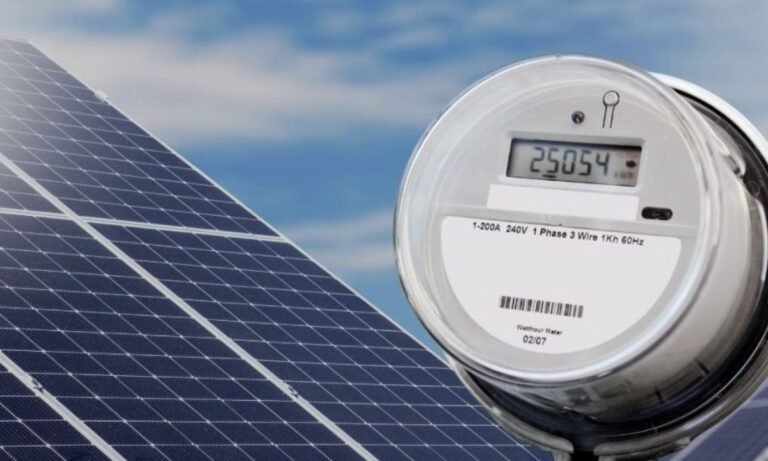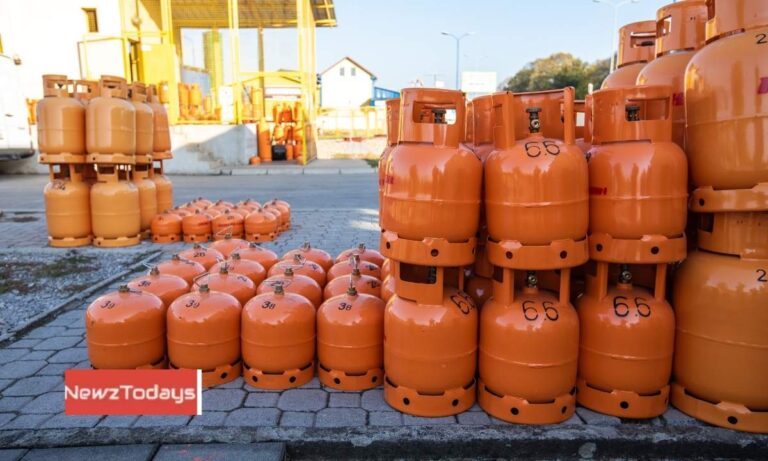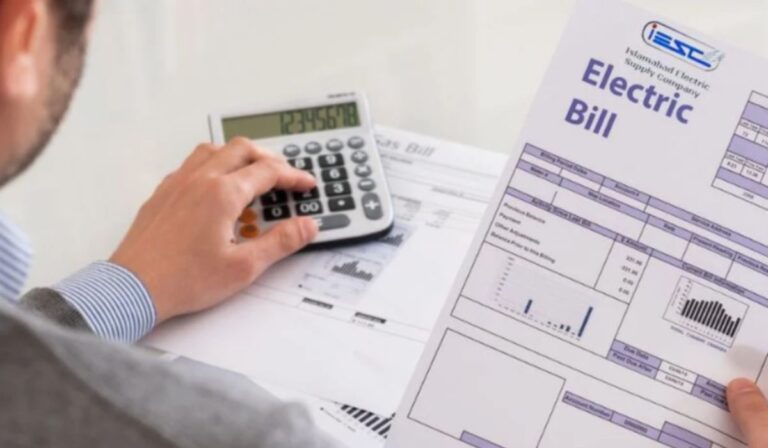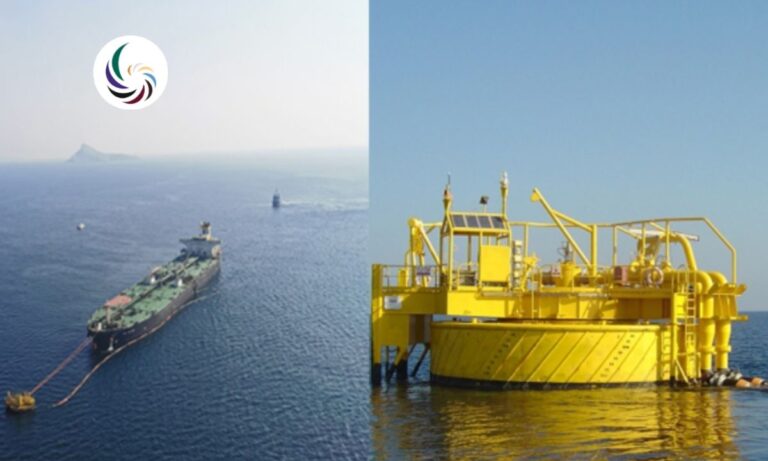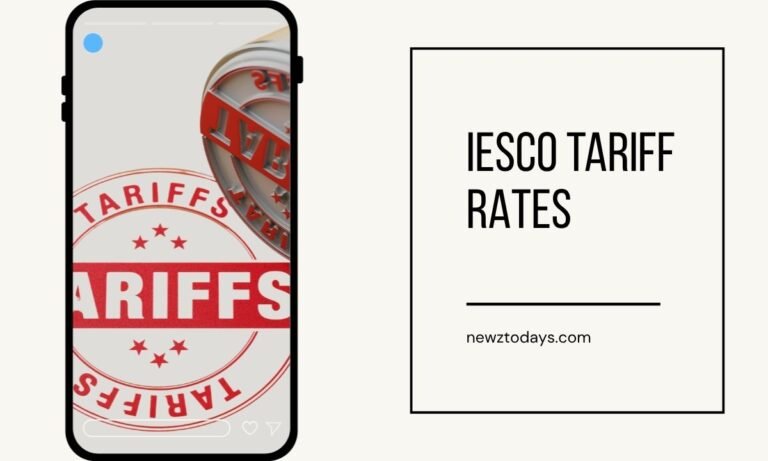NEPRA has modified the tariff for cold storages engaged in processing, value addition, and long-term preservation will be placed under the industrial tariff.
However, those used only for short-term retail storage will remain under the commercial tariff.
The Authority has modified its earlier decision after reviewing petitions, submissions from stakeholders, and input from finance and energy ministries.
The Finance Division had raised concerns regarding subsidy implications, whereas the Power Division had warned that reclassification could set a precedent for other commercial entities and increase financial burdens on consumers or the government.
The power regulator has directed all XWDISCOs, including K-Electric Limited (KEL), to apply an industrial tariff to cold storages involved in agriculture, food processing, pharmaceuticals, and other sectors where goods undergo processing and value addition.
However, it has directed the power firms that facilities handling short-term storage for retail and distribution without significant transformation will continue under the commercial tariff.Check IESCO Bill Online| Download IESCO Duplicate Bill 2024
During deliberations, NEPRA has noted that under the NEPRA Act 1997, consumer categories are to be prescribed by the Federal Government through rules under section 46.
NEPRA’s impugned decision had earlier stated that cold storages function mainly as storage units for grocery chains, food distributors, and retailers, keeping goods such as fruits, vegetables, dairy, and meat in their original form without manufacturing or transformation.
In that ruling, Nepra directed all distribution companies to treat cold storages under the commercial tariff category as per the tariff terms dated July 25, 2022.
Petitioners had contested this and argued that modern cold storage facilities are integral to manufacturing operations by extending shelf life, maintaining quality, enabling downstream processing, and supporting global supply chains.
They also emphasized the sector’s role in economic growth, job creation, exports, and pharmaceuticals, pointing to international precedents where such facilities are classified as industrial undertakings.
They also highlighted significant capital investments and advanced electro-mechanical systems used in these facilities.
The review motions were admitted, and a hearing was held on May 22, 2025. Petitioners had cited the Prime Minister’s announcement of industry status for warehousing in May 2024 that was followed by ECC and Federal Cabinet approvals.
The Ministry of Industries & Production in its notification in February 2025 formally declared warehousing as an industry. A subsequent clarification confirmed that this definition included cold rooms, cold storages, and temperature-controlled units.
Despite these developments, NEPRA held that categorization of warehousing as an industry for tax and incentive purposes does not automatically entitle such businesses to industrial power tariffs.
It also stressed that tariff applicability must be based on the actual use of electricity. The regulator noted that shifting cold storages to industrial supply would either increase burdens on other consumers or require government subsidies, undermining the sustainability of the power sector.
At the same time, the Authority has acknowledged that industrial cold storages, particularly those in agriculture, fisheries, pharmaceuticals, and food processing, perform value-added functions through sophisticated technologies, advanced preservation methods, and integration with production chains. Such facilities, NEPRA observed, contribute directly to industrial processes by ensuring product quality and continuity in supply chains.
Accordingly, NEPRA has directed to place facilities under industrial tariff which are engaged in processing, value addition, or long-term preservation be placed under industrial tariff. Meanwhile, storage units providing only short-term holding functions without transformation of goods will remain under commercial tariff.
The ruling seeks to balance recognition of industrial cold storage operations with concerns over financial implications, while ensuring consistency in tariff classifications across distribution companies.
NEPRA concluded that tariff classification must reflect the functional role of cold storages, thereby distinguishing between industrial and commercial operations in the power sector. The revised direction applies to all XWDISCOs, including K-Electric, and is effective immediately.


